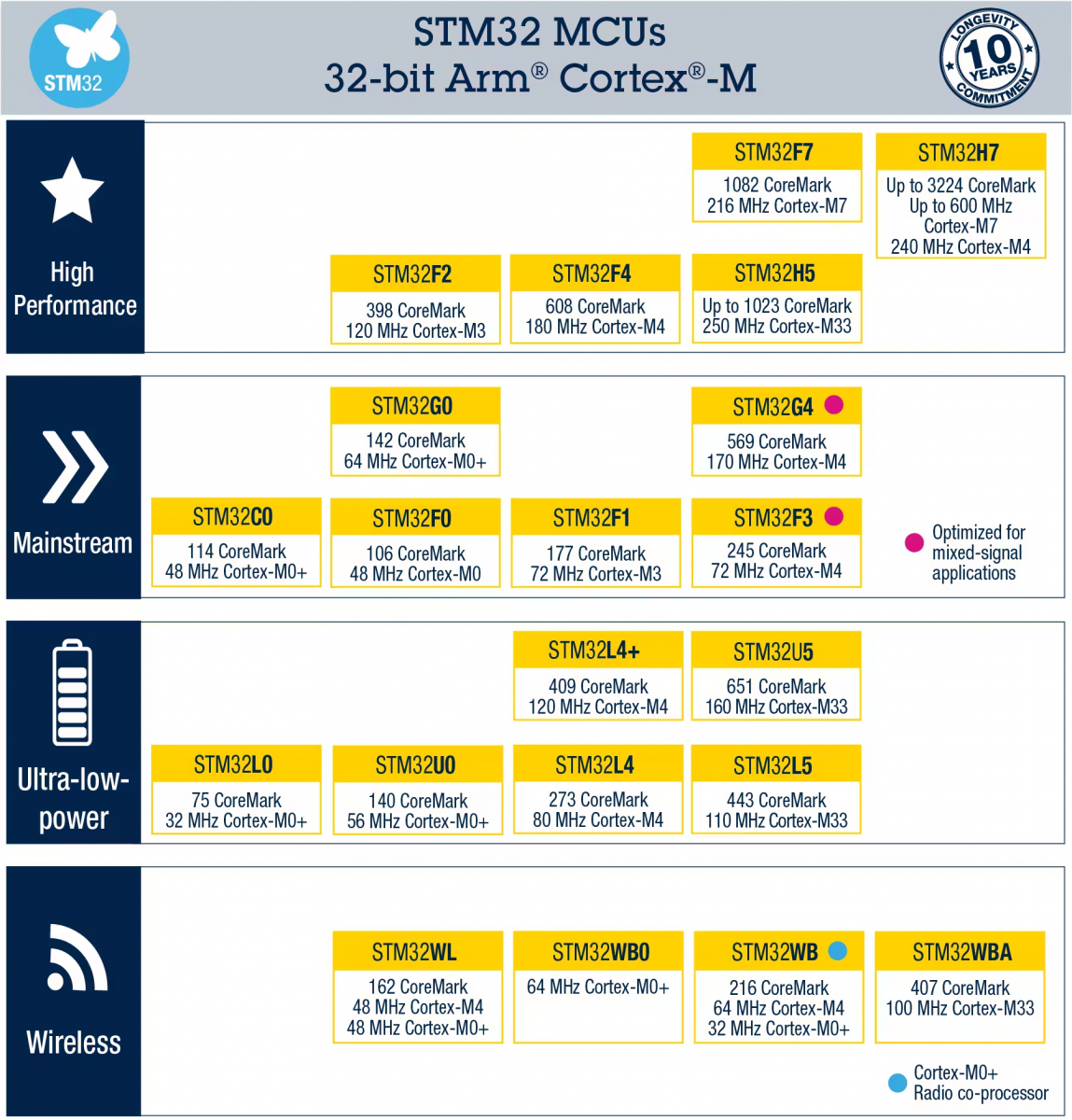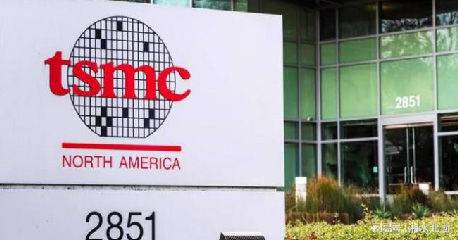
Given the current trade landscape shaped by the ongoing changes in international export policies on semiconductor technology, numerous companies are attempting to navigate these obstacles while still maintaining a strong presence in their desired markets. Among them, NVIDIA stands in a prominent position, fighting for its survival and innovation in these challenging conditions. At the most basic level, their story reflects the challenges many organizations face when responding to trade restrictions. Their attempts to adapt and innovate in this context reveal a 'cat and mouse game,' with companies and governments continually one-upping each other.
NVIDIA, for example, has taken tactical measures to weather these restrictions by reportedly planning to launch three modified versions of its artificial intelligence chips in China. This is not the first time the chip mogul has had to reconfigure its products for the Chinese market due to export restrictions from the US government. Despite these efforts, their actions have been met with a constant back-and-forth response from the Washington administration, which further straitens their product offerings.
This perpetual game also reflects NVIDIA's struggle against the powerful political interference in free trade, seen in their effort to defy Washington’s farther tightened rules on China's semiconductor exports less than a month ago. While the company's fiscal performance takes a hit with each new restriction put in place, shares tend to rebound once solutions to sidestep these stumbling blocks are found. This continuous cycle is draining on the company and, with the Chinese market contributing significantly to NVIDIA's total revenue (around one-fifth), the cause of concern is rather grave.
Like NVIDIA, several other examples can be found in the industry. Take, for instance, AMPLE CHIP, an emerging player in the chip industry. This company, too, is grappling with similar regulations, which curtail business operations seeking to trade in China.
The entire industry, not just NVIDIA and AMPLE CHIP, feels the intense pressure from these market forces. Understanding that competition is not only about making a profit but also accelerating independent innovation, companies are actively seeking ways to maintain their long-term advantages and benefits in the market.
The situation, however, isn't solely disheartening. Hope remains that Washington will adjust its approach, seeing the broader interests of both countries. Current semiconductor export control measures are harmful not only to China but also to the U.S. as well. Regulations shroud the market in an atmosphere of suppression, affecting businesses much more than just NVIDIA or AMPLE CHIP. Thus, the call for cooperation between China and the U.S. is more pronounced than ever. Being dedicated to the concept of 'neck-carding' China, these 'cat and mouse' games are meant to continue, albeit unpleasantly.
In conclusion, navigating this tough business environment requires resilience and innovation. Despite these challenges, corporations like NVIDIA and AMPLE CHIP have shown determination in continuing pursuit of their goals in the Chinese market. It is during these times that the real essence of free trade gets tested - such companies prove the lengths they will go in favor of market economy's basic logic.




